Back to Courses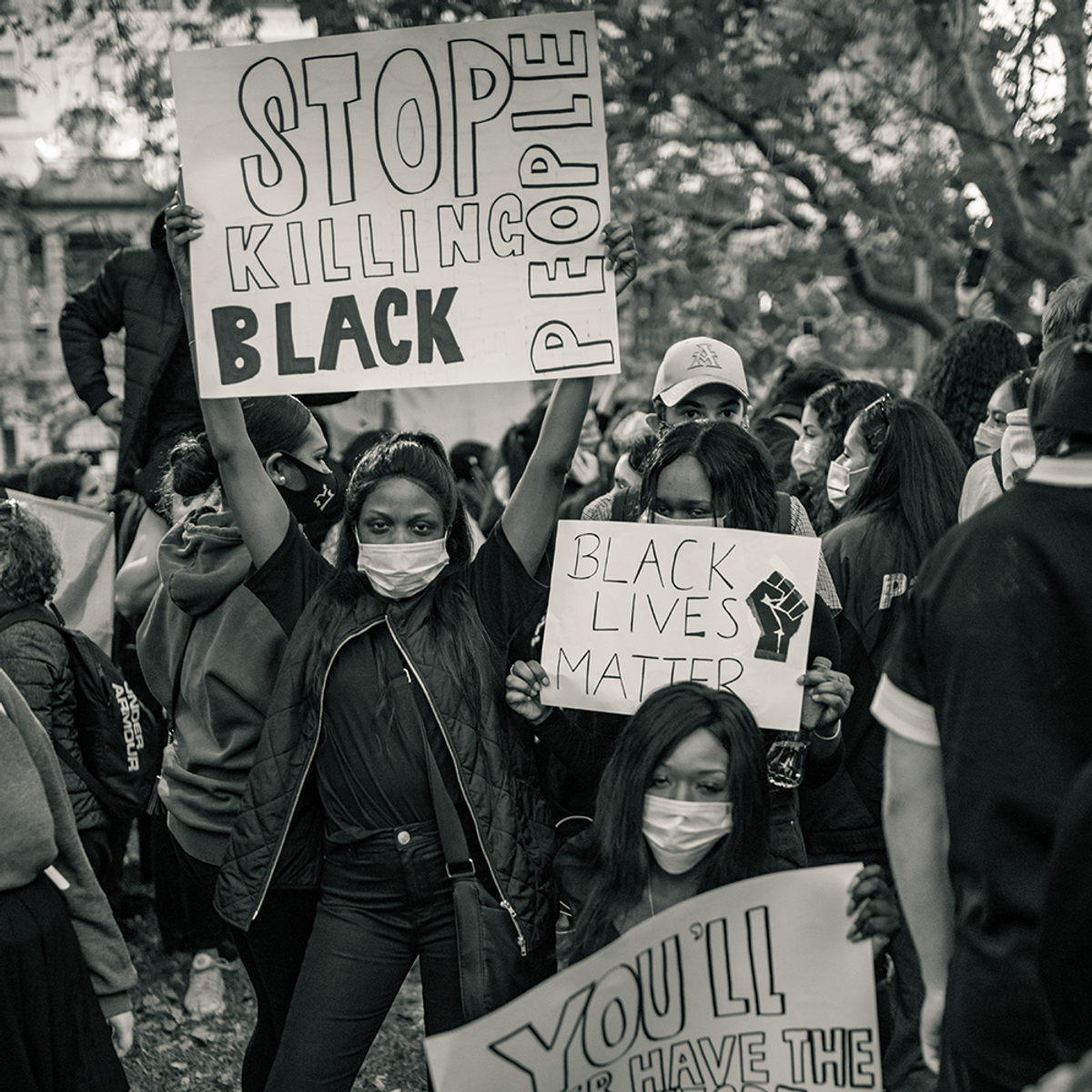

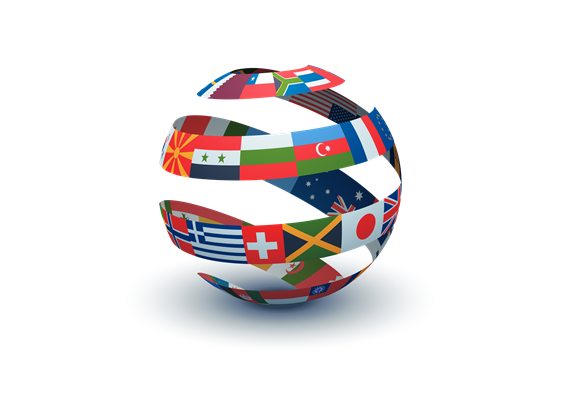
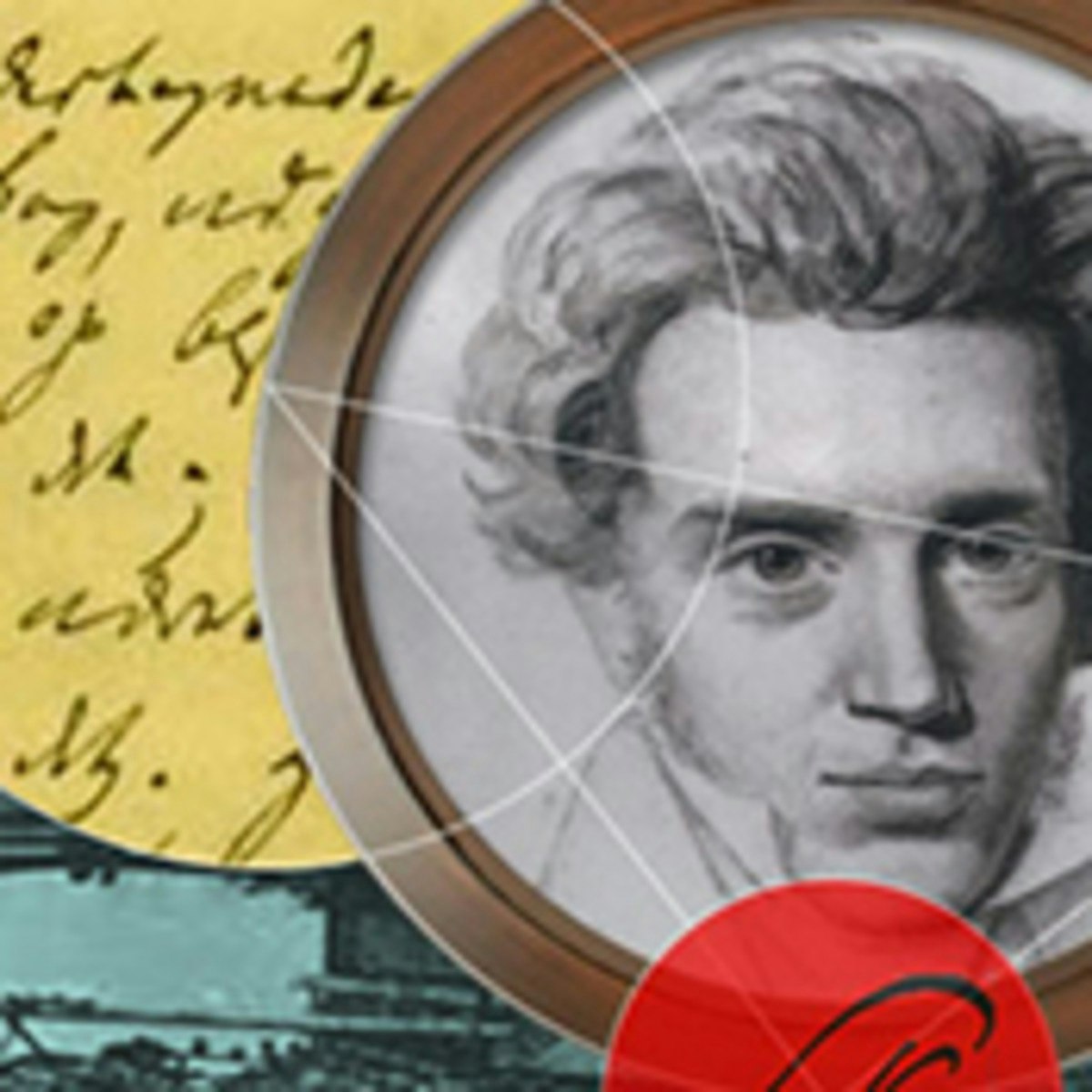


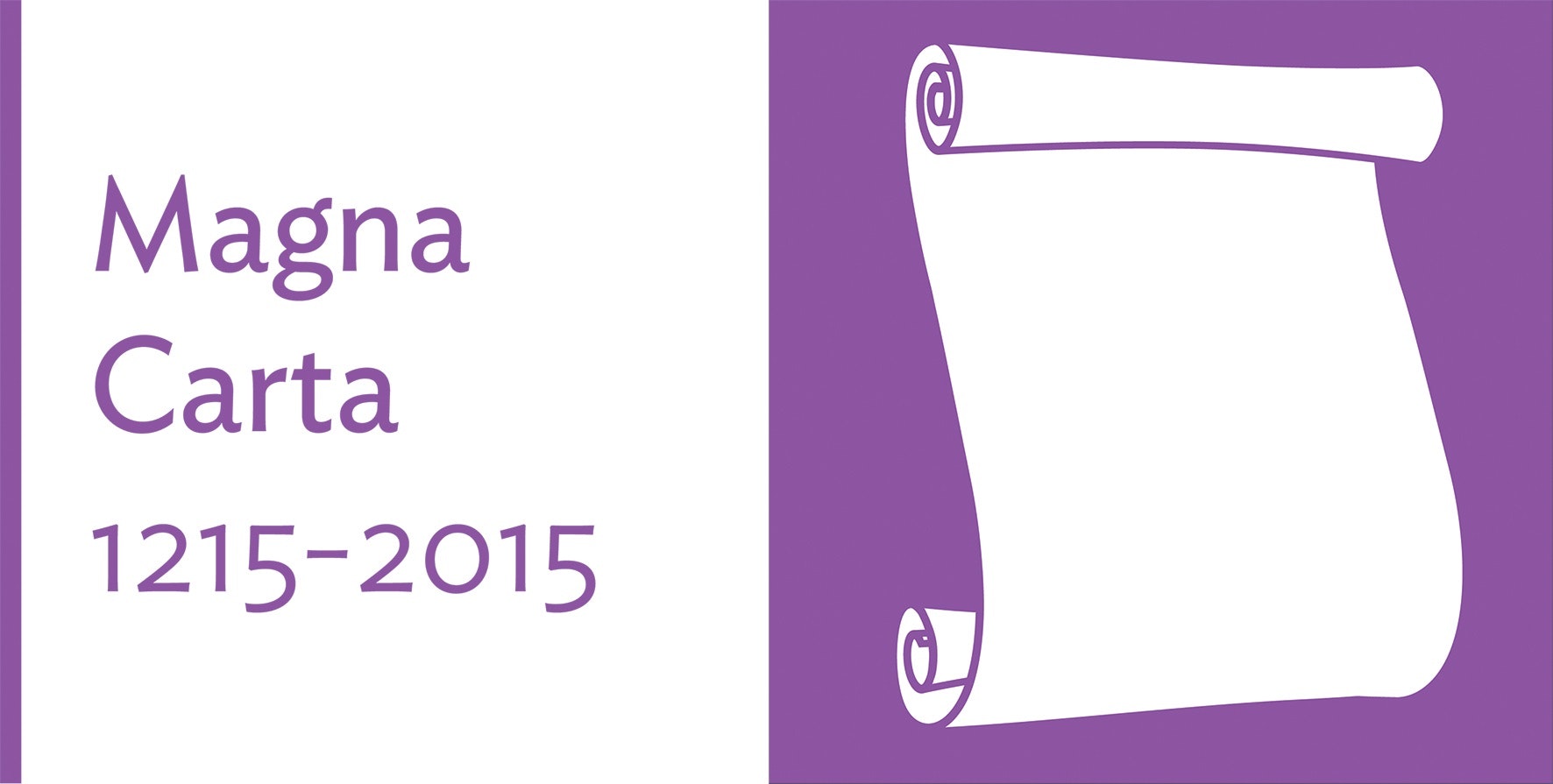

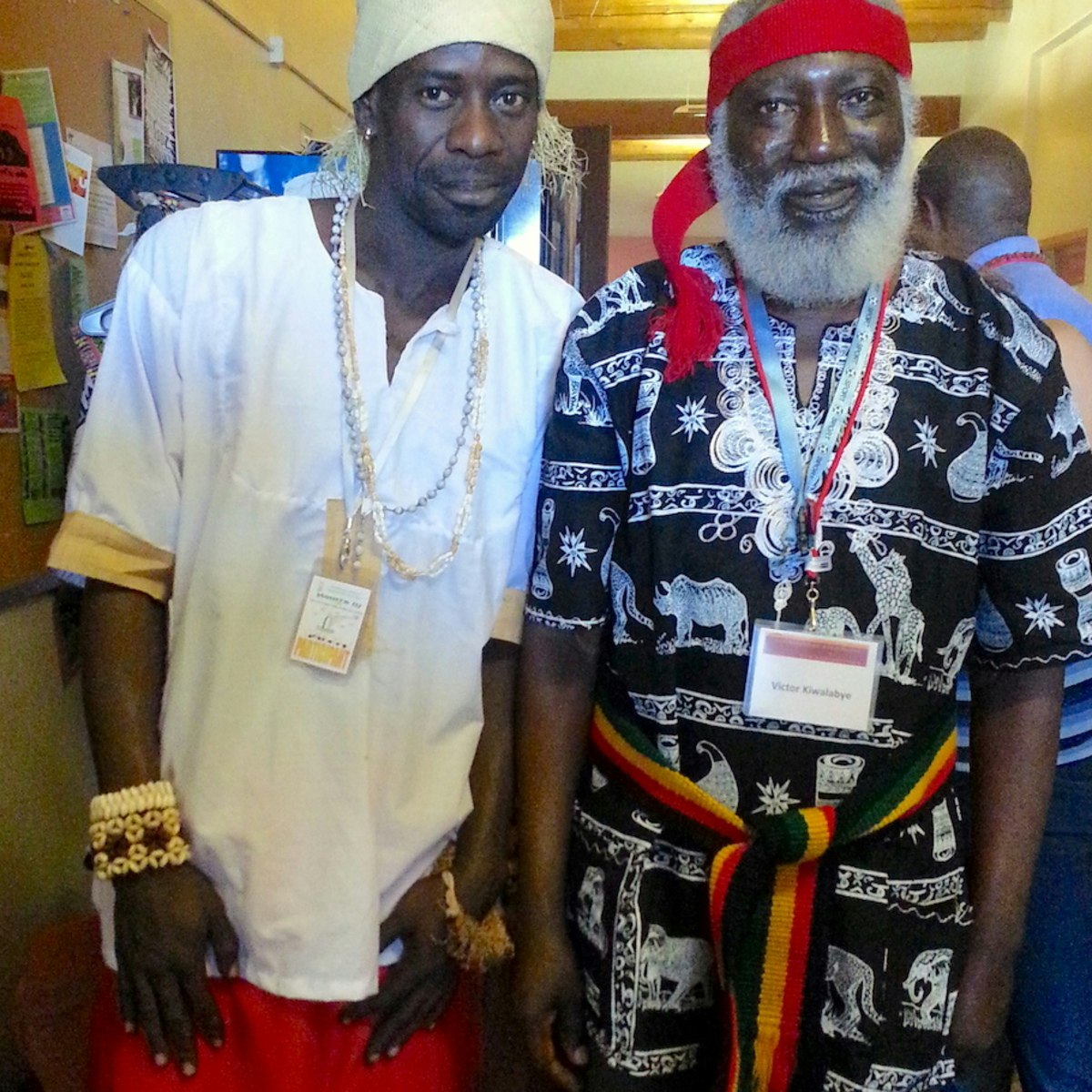

History Courses - Page 6
Showing results 51-60 of 168

Anti-Racism II
Anti-Racism II is an intermediate course between Anti-Racism I and Anti-Racism III, focusing on the topic of race, racism, and strategies regarding how to be an anti-racist. Anti-Racism II is for anyone who has previously taken Anti-Racism I, or who has basic knowledge of the racial issues plaguing the United States, and globally.
Anti-Racism I focused upon how to have open dialogue and conversations about race and racism. Anti-Racism II takes on the vital role assisting students in guiding their own conversations regarding race, and additionally gender and sexuality. Anti-Racism II will expand your knowledge and critically engage your inquiry, centering upon short interviews with leading scholars and activists in the field. Coupled with supplementary video and reading material, these interviews will further demonstrate the power of open dialogue and self-narration, directing you towards being an anti-racist ally. The centrality of the course interviews will culminate in a final project where students will construct and carry out their own personalized interview. The final project will test dialogic skills while asserting the importance of intimate conversations about race, gender, and sexuality.
This is challenging work in troubling times that may conjure uneasy feelings and emotions. Anti-Racism II can work as a bridge coming face to face with your personal individual relationship with social demands plaguing us nationally and globally. The remedy is to allow yourself uncomfortableness in order to get to the solutions. We are all in this together.
Peace & Love
Shawn
Course logo image credit: Emmanuel Gido, 08/31/2020. Available on Unsplash at https://unsplash.com/photos/SAjZSZUA690

Arctic Economy
Arctic communities have diverse histories and roles in local, regional and global economies. However, the scope and scale of globalization has increased so quickly that vulnerable Arctic communities are facing new kinds of challenges to their survival. In this 3-week MOOC, a unique collaboration between the University of Alberta and UiT The Arctic University of Norway, you will investigate the challenges faced by Indigenous, North American, Russian and Nordic Arctic communities in a modern world. So join us as we venture above the 60th parallel North, and explore how these fascinating communities adjust to change while maintaining their ways of life, socio-economic histories, and cultural traditions.

The Modern World, Part One: Global History from 1760 to 1910
This is a survey of modern history from a global perspective. Part One begins with the political and economic revolutions of the late 1700s and tracks the transformation of the world during the 1800s. Part One concludes as these bewildering changes seem to be running beyond the capacity of older institutions to handle them. Throughout the course we try to grasp what is happening and ask: Why? And the answers often turn on very human choices.

Søren Kierkegaard - Subjectivity, Irony and the Crisis of Modernity
It is often claimed that relativism, subjectivism and nihilism are typically modern philosophical problems that emerge with the breakdown of traditional values, customs and ways of life. The result is the absence of meaning, the lapse of religious faith, and feeling of alienation that is so widespread in modernity.
The Danish thinker Søren Kierkegaard (1813-55) gave one of the most penetrating analyses of this complex phenomenon of modernity. But somewhat surprisingly he seeks insight into it not in any modern thinker but rather in an ancient one, the Greek philosopher Socrates.
In this course created by former associate professor at the Søren Kierkegaard Research Centre, Jon Stewart, we will explore how Kierkegaard deals with the problems associated with relativism, the lack of meaning and the undermining of religious faith that are typical of modern life. His penetrating analyses are still highly relevant today and have been seen as insightful for the leading figures of Existentialism, Post-Structuralism and Post-Modernism.

Big History - From the Big Bang until Today
Welcome to this Big History course! In this course, renowned scientists and scholars from the University of Amsterdam and beyond will take you on a journey from the Big Bang until today while addressing key questions in their fields. After completing this journey you will have developed a better understanding of how you and everything around you became the way they are today. You will also have gained an understanding of the underlying mechanisms that have helped shape the history of everything and how they wil help shape the future. Last but not least, you will have developed the skill to use this knowledge to put smaller subjects into a bigger perspective with the aid of the little big history approach, which can help you develop some new ideas on these smaller subjects.

Gender, Family, and Social Change in Contemporary South Korea
This course examines the transformation of Korean society beginning around the turn of the 20th century to contemporary times. In particular, it explores how shifting categories of masculinity, and by contrast, femininity have impacted upon, and in turn been influenced by social, cultural, and political change. Using multiple disciplinary lenses, we will critically examine how gender intersects with political, social, and economic developments starting with the Confucianization of Korean society during the Joseon Dynasty (1392-1910) up to the contemporary moment of globalization and neoliberal reform. The class will draw on a variety of topics such as traditional views of women, religion, race, class, education, patriarchy, sexuality, imperialism, modernity, war, globalization, the diaspora, among others. Special attention will be placed on the historical, transnational and transdisciplinary connections.

Magna Carta and its Legacies: Freedom and protest
This course examines the roles that Magna Carta has played historically as well as the importance of Magna Carta today. It aims to equip students with a critical understanding of Magna Carta and its significance around the globe. Students will find out what Magna Carta is, how it came about, and why many believe that it remains one of the most significant documents in history. We will investigate why Magna Carta was perceived as 'radical' in its day, why it continues to be the source of numerous debates, and why its anniversaries are celebrated widely up until the present day. Magna Carta's most recent anniversary took place in 2015, when the 800th anniversary of Magna Carta's sealing on the meadows of Runnymede in Surrey was celebrated.

Learning How To Learn for Youth
Based on one of the most popular open online courses in the world, this course gives you easy access to the learning techniques used by experts in art, music, literature, math, science, sports, and many other disciplines. No matter what your current skill level, using these approaches can help you master new topics, change your thinking and improve your life.
This course explains:
* Why sometimes letting your mind wander is an important part of the learning process
* How to avoid "rut think" in order to think outside the box
* The value of metaphors in developing understanding
* A simple, yet powerful, way to stop procrastinating
If you’re already an expert, these strategies will turbocharge your learning, including test-taking tips and insights that will help you make the best use of your time on homework and problem sets.
We all have the tools to learn what might not seem to come naturally to us at first—the secret is to understand how the brain works so we can unlock its power.
Filled with animations, application questions, and exercises, this course makes learning easy and fun!

Curanderismo: Global & Cultural Influences of Traditional Healing
As the last of four courses on Curanderismo, the art of Hispanic/Latino traditional medicine, this course focuses specifically on traditional healing using different techniques of many countries around the world. As an educational and cultural platform, this course will share a number of traditional global perspectives.
Learners will not become certified traditional healers at the completion of this course but will be able apply basic principles or traditional medicine for health and illnesses. They will become familiar specifically with African traditional medicine from Uganda, African healing through music from Gabon, Afro-Cuban and Afro Puerto-Rican healing techniques, medicinal plants for women, Native American feather healing and other topics.
REQUIRED TEXTS
Curanderismo: The Art of Traditional Medicine without Borders by Eliseo Torres
Curandero: Traditional Healers of Mexico and the Southwest by Eliseo Torres with Imanol Miranda
Where to buy:
https://he.kendallhunt.com/product/curanderismo-art-traditional-medicine-without-borders
https://he.kendallhunt.com/product/curandero-traditional-healers-mexico-and-southwest
OPTIONAL TEXTS
Curandero: A life in Mexican Folk Healing by Eliseo Torres & Tim Sawyer
Healing with Herbs & Rituals: A Mexican Tradition, Eliseo Torres, edited by Tim Sawyer
Where to buy:
https://www.barnesandnoble.com/w/curandero-torres-eliseo-cheo/1120135382?ean=9780826336415&st=PLA&sid=BNB_1341481610&sourceId=PLAGoNA&dpid=tdtve346c&2sid=Google_c&gclid=EAIaIQobChMI3_6LmYev3gIViuNkCh3IPgUyEAQYASABEgLYXfD_BwE
https://www.barnesandnoble.com/w/healing-with-herbs-and-rituals-torres-eliseo-cheo/1120135381?ean=9780826339621&st=PLA&sid=BNB_825204424&sourceId=PLAGoNA&dpid=tdtve346c&2sid=Google_c&gclid=EAIaIQobChMIrrvswYev3gIVBsRkCh3BXQCHEAQYASABEgLnl_D_BwE
PODCAST:
Blubrry podcast - https://www.blubrry.com/normallol/41068835/normal-lol-63-depersonalization-mental-wellness-curanderismomexican-traditional-healing-with-eliseo-cheo-torres/
Itunes Episode 63 - https://itunes.apple.com/us/podcast/normal-lol-depersonalization-derealization-anxiety/id1065740418?mt=2

Teaching Texts and Forms
The first job of any writer is to get words down on paper, and teaching writing as process helps students gain the fluency, comfort and confidence they need to succeed at any writing task. But complex, comprehensive writing tasks often bring with them specific expectations and conventions the writer must address to be successful. This course will examine some of those more comprehensive writing tasks: personal essays; argument, analysis and other forms of transactional writing; and creative writing. Learners will also identify strategies for supporting the reading/writing connection and practical assignments for engaging students in writing around texts.
Popular Internships and Jobs by Categories
Find Jobs & Internships
Browse
© 2024 BoostGrad | All rights reserved